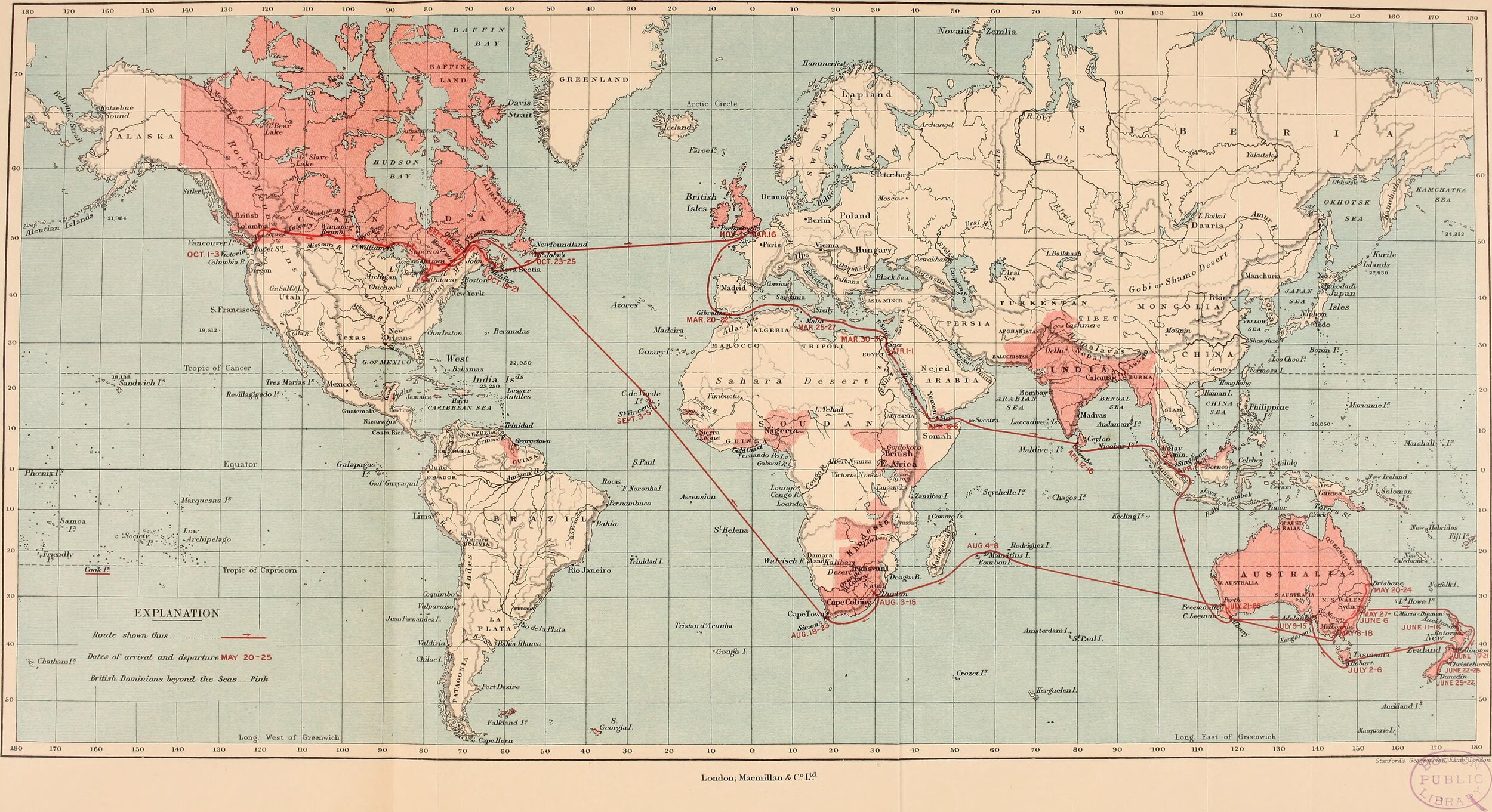
Part 5:
1945 to 2020: The Big Picture
#84 Chinese Economic Growth after Mao: Part 2
China created coherent development strategies from 1949 onward. She opened her economy to the rest of the capitalist world after the end of the 1970s – a point in history when the capitalist world was beginning to develop its own 'neo-liberal' system of globalisation . This was just at the time when the West created the conditions for the free movement of capital. Neo-liberal policies were consciously intended to allow Western corporations to move their factories to where labour was cheap. At the same moment in history, China was opening her doors to receive Western companies who wished to use the cheap labour of China, spare resources, and industrialisation: the build-up of spare capacity.
#78 Super Wealth, Poverty and Inequality
From 1973, 70-80% of the USA working peoples income has remained static. The US has remained at war for the entire period. Over the last 20 years, she laid waste most of the modern Middle East. Her attempt to control the world economies have become ever more extreme. The wealth of the wealthiest has shown no boundaries. And now with the unsuspected arrival of a crisis in the forms of climate change and covid infections, the world is a more uncertain place than at almost any time since 1945.
#77 Global Economic Struggle over 50 Years: Monopoly and Oligopoly
In principle, capitalism has supposedly been a myriad of small companies in every field competing against each other. However, in practice, this has rarely been the case. Once the allocating principle of resources and the ‘free market' became established from the early 19th century, capital has always been drawn upwards in a vortex of profit. Small companies became established as legal entities with limited liability through shares from the 1830s. Shareholding of course goes back to monopoly trading companies in the early 1600s, established by parliament. After the 1830s, shares of profitable small companies were bought out by larger companies until only a few companies are left in the marketplace.
#71 Racism, Hitler and the Contemporary World
It is so much around us in our everyday lives that we all assume that nationalism has been with us for eternity. This is not the case. Nationalism has arisen alongside the creation of the modern nation-state. Go back 300 or 400 years and there were no nation-states with recognised boundaries. There were Empires of varying kinds, kingdoms of varying size, sometimes the Kingdoms were part of an Empire and sometimes not.



